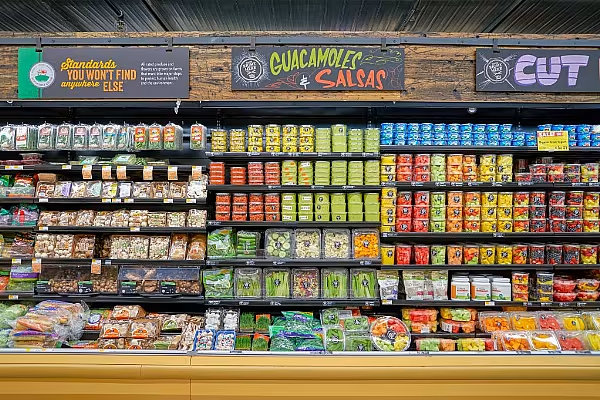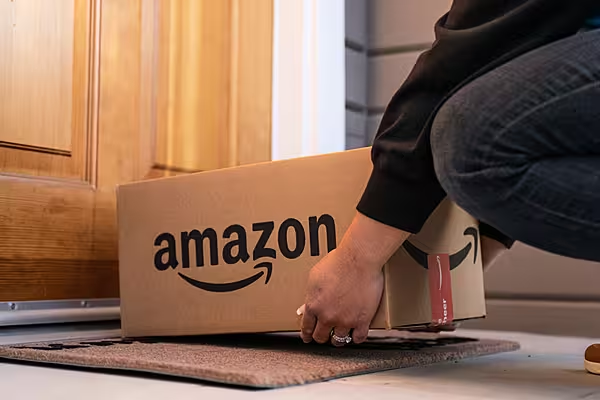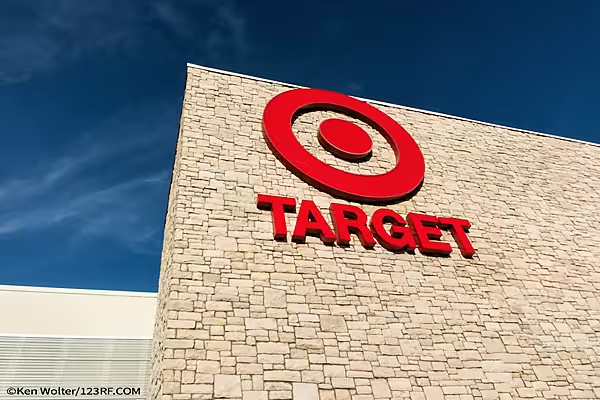Whole Foods Markets Inc. CEO John Mackey was facing the worst crisis in his company’s history. On April 10, activist hedge fund Jana Partners had announced an eight percent stake and was agitating for an overhaul of the struggling grocery chain, potentially including a sale.
That’s when Mackey recalled reading a report that Amazon.com Inc. had considered trying to buy Whole Foods. A few days earlier, Bloomberg News reported that the e-commerce giant had mulled a bid last fall to help accelerate its push into the grocery business but didn’t pursue a deal. That gave Mackey just the lifeline he needed.
On April 21, the Whole Foods chief authorized an outside consultant to contact Amazon, a filing to U.S. regulators on Friday shows. “The consultant offered to make an introductory phone call to a contact at Amazon.com to inquire whether there might be an interest in having an exploratory meeting between the companies,” according to the filing, which provides details about the negotiations on the proposed merger.
About two months later on June 16, the e-commerce titan and the upscale grocer that helped bring organic food into the mainstream announced a deal, with Amazon agreeing to buy Whole Foods for $42 a share, or about $13.7 billion.
Other Suitors
As the Amazon deal took shape, according to the filing, Whole Foods also entertained interest from at least four private equity firms as well as “Company X,” which met with Mackey and his advisors to discuss a potential deal at $35-$40 a share. That unnamed company was in fact the Albertsons grocery chain, according to a person familiar with the situation. Albertsons declined to comment.
In the end, Whole Foods decided not to seek formal offers from its private equity suitors, fearing leaks and believing that Amazon’s offer would be better. Amazon’s initial offer was for $41 a share. Whole Foods countered at $45 and eventually accepted Amazon’s “best and final” offer of $42.
Whole Foods shares were up less than 1 percent to $42.15. Amazon shares rose 1.3 percent to $977.59.
In the aftermath of the news that Amazon and Whole Foods had agreed on a deal, the grocer’s shares traded above the offer price, fueling speculation that a rival bidder would emerge for Mackey’s company.
But the list of companies with the financial firepower to bid against Amazon is short, and with Wal-Mart Stores Inc. recently saying it would not bid, it’s increasingly unlikely that a rival bid will surface, according to Brian Yarbrough, an analyst at Edward Jones.
“The chances are pretty slim” he said. “I don’t think it makes sense to get into a public bidding war with Amazon.”
News by Bloomberg, edited by ESM. Click subscribe to sign up to ESM: The European Supermarket Magazine.














